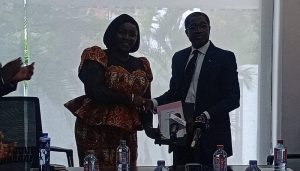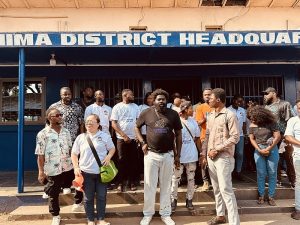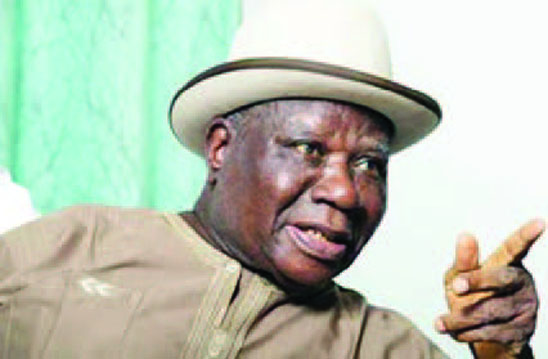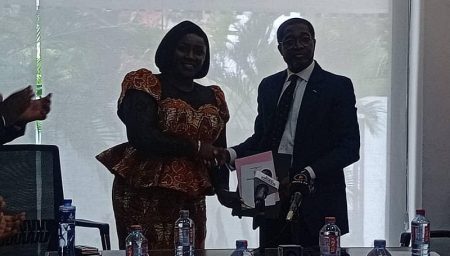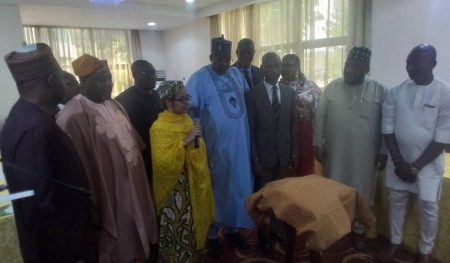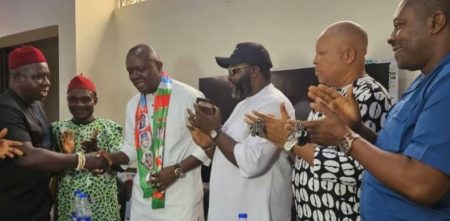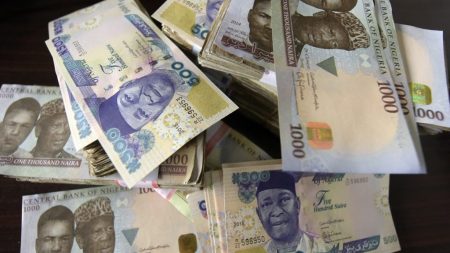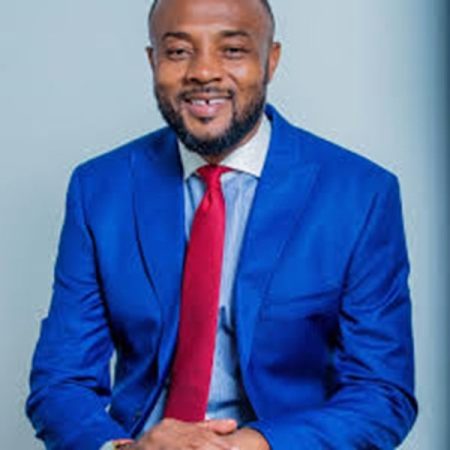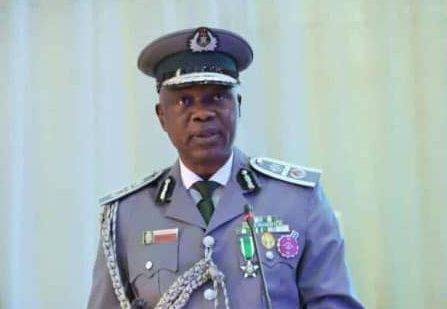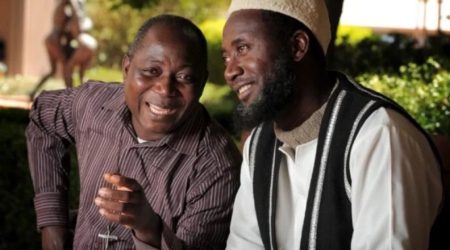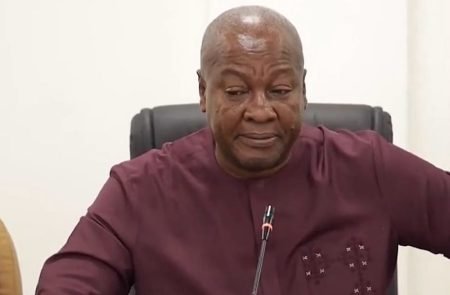Chief Edwin Kiagbodo Clark, a prominent Nigerian leader and elder statesman, passed away peacefully at his Abuja residence on February 17, 2025, at the age of 97. His departure, just months shy of his 98th birthday, marks the end of an era in Nigerian politics and social activism, leaving a void that will be challenging to fill. Revered as a “mighty Iroko tree,” Clark’s legacy spans over 75 years of unwavering dedication to public service, legal practice, political advocacy, and community development, particularly within the South-South region and his Ijaw ethnic group. The announcement of his passing, jointly issued by his family and the Pan Niger Delta Forum (PANDEF), which he founded, painted a portrait of a man whose life was a testament to the pursuit of justice, equality, and human rights.
Clark’s impact on Nigeria’s socio-political landscape was profound and multifaceted. He served as a vocal champion for the marginalized, consistently challenging injustice and inequality. His advocacy transcended regional boundaries, resonating with communities across Nigeria grappling with issues of fairness and equitable representation. A distinguished lawyer by training, Clark’s legal acumen fortified his advocacy efforts, enabling him to articulate complex arguments with clarity and conviction. Beyond the legal realm, his commitment to education and community development led him to establish several universities, solidifying his belief in the transformative power of knowledge and empowering future generations. His leadership within PANDEF and the South and Middle Belt Leaders Forum provided platforms for amplifying the voices of the marginalized and demanding accountability from those in power.
The timing of Clark’s passing, shortly after the demise of his close associate and fellow elder statesman, Pa Ayo Adebanjo, underscores the passing of a generation of influential Nigerian leaders. These individuals, who witnessed Nigeria’s journey from colonial rule to independence and through its various socio-political transformations, played pivotal roles in shaping the nation’s trajectory. Their absence leaves a significant gap in leadership, raising concerns about the continuity of their principles and the future of advocacy for justice and equality in Nigeria. Their departures prompt reflection on the lessons learned from their lives and the imperative to carry forward their mantle of principled leadership.
Clark’s unwavering commitment to justice and human rights formed the bedrock of his public life. He was a persistent voice against marginalization and discrimination, advocating for equitable representation and resource allocation for minority groups. His outspoken nature and fearless critiques of government policies earned him both admiration and criticism, solidifying his image as a principled leader who prioritized the welfare of the people above political expediency. He understood the power of collective action and utilized platforms like PANDEF to unite diverse groups under a common banner of advocacy for a more just and equitable society.
Beyond his political activism, Clark’s contributions to education and community development underscore his belief in empowering future generations. His establishment of universities demonstrates a long-term vision for societal advancement through knowledge and skill acquisition. He recognized education as a vital tool for social mobility and economic empowerment, particularly for marginalized communities often denied access to quality education. His investments in educational institutions represent a lasting legacy, contributing to the development of human capital and fostering intellectual growth within Nigeria.
As tributes pour in from across the nation, Chief Edwin Clark’s life is being celebrated as a testament to the power of principled leadership and unwavering commitment to a just and equitable society. He will be remembered not only for his legal prowess and political activism but also for his profound impact on education and community development. His legacy serves as an inspiration to future generations to continue the fight for justice, equality, and human rights, ensuring that the “mighty Iroko tree” he represented continues to cast its long shadow of influence on the Nigerian landscape. While the details of his funeral arrangements are yet to be announced, his memory will undoubtedly be honored through various commemorations and tributes, reflecting the profound impact he had on the nation he served with unwavering dedication.



